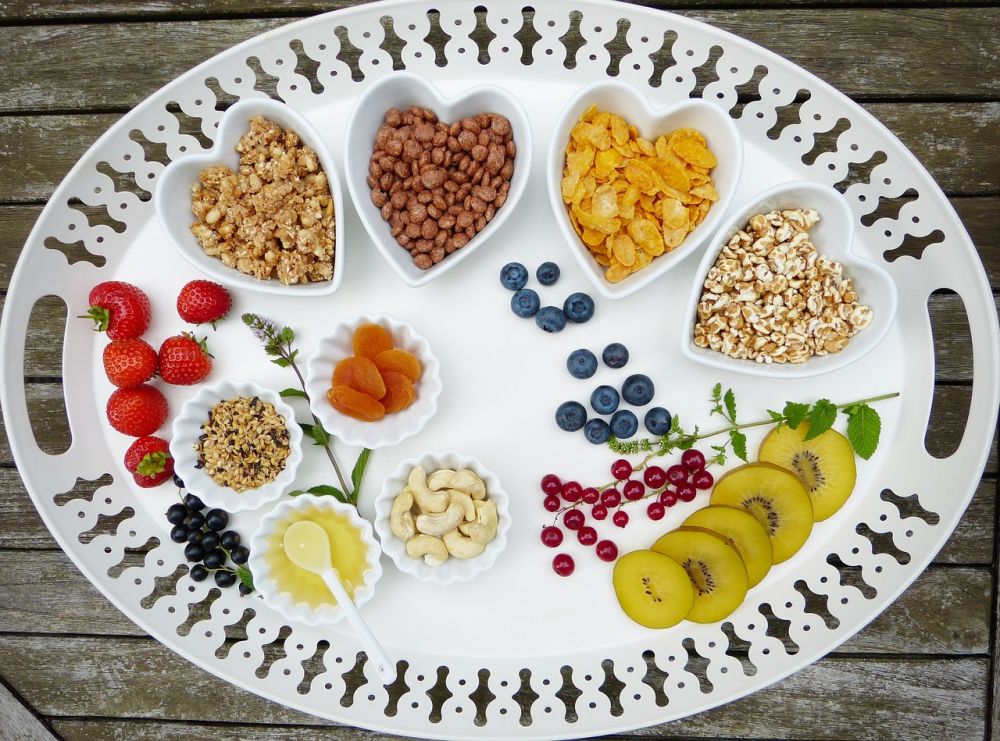High Protein Diet: A Comprehensive Guide

Introduction
A high protein diet has gained immense popularity in recent years due to its numerous health benefits and effectiveness in weight loss and muscle gain. By focusing on consuming foods rich in protein, individuals adopting this dietary approach aim to optimize their overall health, improve body composition, and enhance athletic performance. This article provides an in-depth and thorough overview of the high protein diet, exploring its various types, popular trends, quantitative measurements, differences between diets, and a historical analysis of their pros and cons.
Understanding High Protein Diet

A high protein diet involves increasing the proportion of protein in one’s daily calorie intake while reducing the intake of carbohydrates and fats. Protein is an essential macronutrient that plays a crucial role in building and repairing body tissues, regulating metabolism, and supporting numerous physiological functions. The general recommendation for protein consumption is about 0.8 grams per kilogram of body weight. However, a high protein diet typically increases this intake significantly, with protein contributing to around 25-35% of daily calories, or even higher in certain diet variations.
Types and Variations of High Protein Diet
There are various types of high protein diets, each with its own unique characteristics and popularity. Some of the most popular variations include:
1. Paleo Diet: This diet focuses on consuming foods that our ancestors would have eaten during the Paleolithic era, emphasizing lean proteins like meat, fish, and poultry, along with fruits, vegetables, nuts, and seeds.
2. Ketogenic Diet: This low-carb, high-fat diet promotes a metabolic state called ketosis, wherein the body utilizes fat as its primary fuel source. It includes moderate protein intake alongside high-fat foods like avocados, eggs, cheese, and fatty meats.
3. Atkins Diet: The Atkins diet is a low-carb diet that allows high protein intake, particularly during the initial phases. It emphasizes meat, fish, eggs, and other protein-rich foods, while limiting carbohydrate consumption.
4. Vegan/Vegetarian High Protein Diet: Contrary to popular belief, a high protein diet can also be achieved on a plant-based diet. By combining various plant-based protein sources like tofu, tempeh, legumes, and quinoa, individuals can maintain an adequate protein intake while following a vegan or vegetarian lifestyle.
Quantitative Measurements of High Protein Diet
To ensure optimal protein intake, it is crucial to quantify and track the amount of protein consumed. This can be done through different methods, including:
1. Macronutrient Tracking: Utilizing various mobile applications or online tools to track food intake and calculate macronutrient distribution, including protein, carbohydrates, and fats.
2. Protein Intake Calculators: These calculators consider factors such as body weight, activity level, and goals to determine the ideal amount of protein required for an individual.
3. Protein Supplements: Protein powders, such as whey, casein, or plant-based options, can assist in meeting the daily protein requirements when regular food intake alone falls short.
Differences Between High Protein Diets
Although all high protein diets share the common goal of increasing protein intake, there are distinct differences among them. These differences are primarily related to the proportion of other macronutrients, such as carbohydrates and fats, that accompany the high protein consumption. For instance:
1. Paleo and Ketogenic diets limit carbohydrate intake, while the Atkins diet allows for a gradual increase in carbohydrates as the diet progresses.
2. Vegan or vegetarian high protein diets rely on plant-based protein sources and are often higher in carbohydrates compared to animal-based high protein diets.
Historical Analysis of High Protein Diets
Over the years, high protein diets have had their share of controversies and debates regarding their potential benefits and drawbacks. Initially, high protein diets were believed to have negative impacts on heart health due to their association with increased cholesterol levels. However, subsequent research has challenged these assumptions, suggesting that the quality of proteins consumed, along with the overall diet composition, plays a more significant role in cardiovascular health. Furthermore, the effectiveness of different high protein diets in achieving weight loss or muscle gain has been debated, with varying results based on individual needs and preferences.
In conclusion, the high protein diet trend has gained significant popularity, offering a range of potential benefits for individuals aiming to improve their overall health, body composition, and athletic performance. By understanding the different types of high protein diets, tracking protein intake quantitatively, and considering historical debates and research findings, individuals can make informed decisions regarding the adoption of a high protein diet that aligns with their goals and lifestyles.
(Note: The placement for the video clip should be determined based on the content and flow of the article. It should seamlessly fit within the article at a relevant point, providing additional visual information or further elaboration on a specific topic related to high protein diets.)
References:
1. Link to scientific studies or research papers on high protein diet and its effects.
2. Link to credible sources providing detailed information on different high protein diets.
FAQ
What is a high protein diet?
What are some popular variations of high protein diets?
Are high protein diets beneficial for weight loss and muscle gain?
Fler nyheter
Tandimplantat – en hållbar lösning för naturligt vackra tänder
Introduction A high protein diet has gained immense popularity in recent years due to its numerous health benefits and effectiveness in weight loss and muscle gain. By focusing on consuming foods rich in protein, individuals adopting this dietary app...
Veronica Urena
11 mars 2024
Tandläkare i Södertälje: Din guide till oralt välbefinnande
Introduction A high protein diet has gained immense popularity in recent years due to its numerous health benefits and effectiveness in weight loss and muscle gain. By focusing on consuming foods rich in protein, individuals adopting this dietary app...
Veronica Urena
11 mars 2024
Smashburgare: Stockholms svar på den stora burgartrenden
Introduction A high protein diet has gained immense popularity in recent years due to its numerous health benefits and effectiveness in weight loss and muscle gain. By focusing on consuming foods rich in protein, individuals adopting this dietary app...
Maja Bergman Lindberg
06 mars 2024
Vad gör en psykiatriker i Stockholm?
Introduction A high protein diet has gained immense popularity in recent years due to its numerous health benefits and effectiveness in weight loss and muscle gain. By focusing on consuming foods rich in protein, individuals adopting this dietary app...
Maja Bergman Lindberg
14 februari 2024











